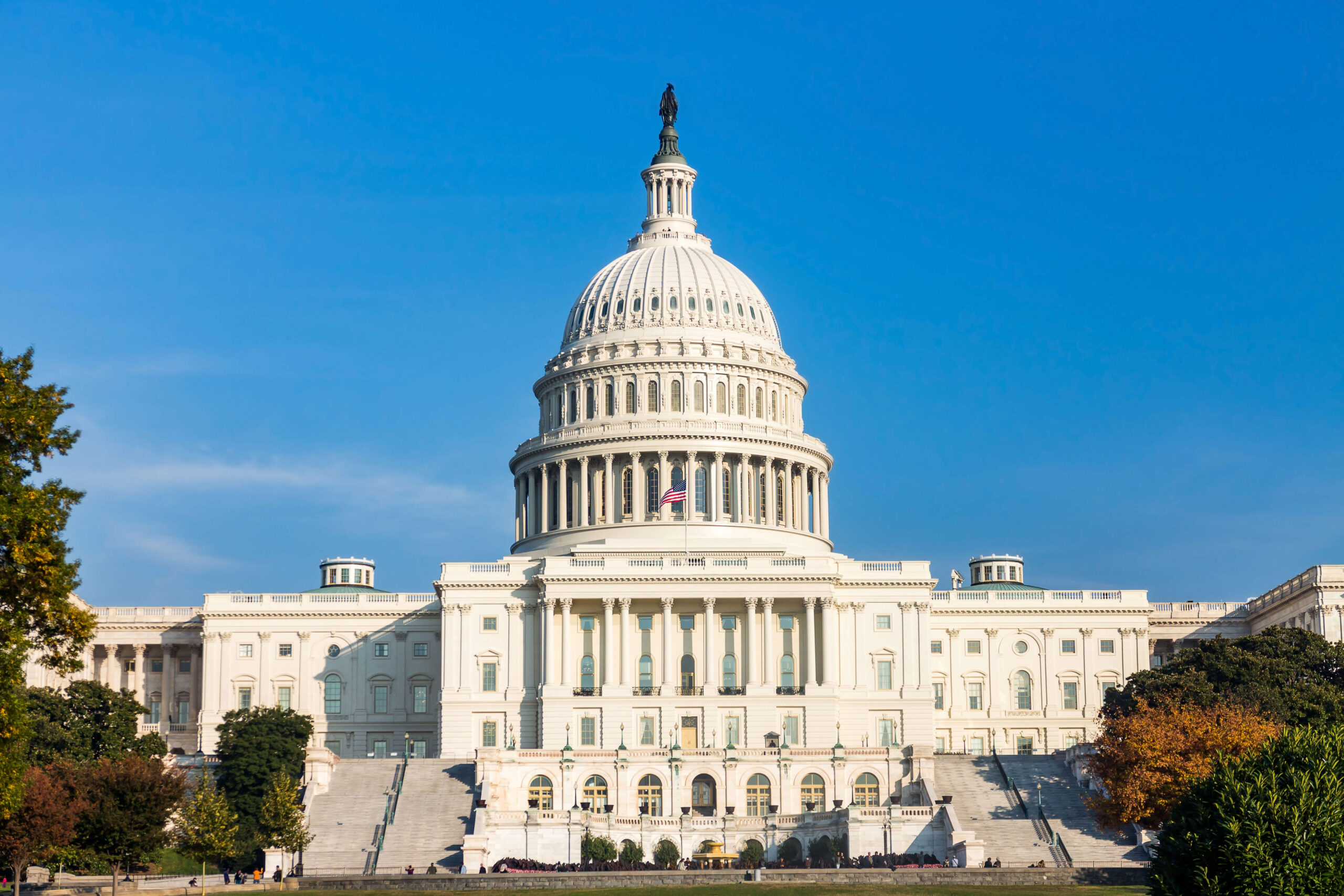Another federal government shutdown appears imminent as lawmakers reportedly remain deadlocked along partisan lines on an agreement to extend funding ahead of a 12:00 a.m. October 1, 2023 deadline. A government shutdown—which would be the first since a 35-day shutdown that lasted from December 22, 2018, to January 25, 2019—would result in tens of thousands of federal employees being furloughed and would bring federal agencies charged with enforcing federal labor and employment laws to a standstill.
Quick Hits
- President Biden must sign funding legislation by 12:00 a.m. October 1, 2023, to avoid a federal government shutdown.
- A shutdown would result in tens of thousands of federal government workers being furloughed and halt activities by several federal labor and employment agencies.
Several federal departments and agencies, including the U.S. Department of Labor (DOL), the U.S. Equal Employment Opportunity Commission (EEOC), and the National Labor Relations Board (NLRB), have recently updated their contingency plans for continued operations in the event of a lapse of appropriation. Here is a breakdown of those plans.
U.S. Department of Labor
The DOL would only retain less than a third of its more than 15,000 workers, hampering the DOL’s agencies from continuing their missions. According to the DOL’s contingency plan, the department would stop many activities aside from “monitor[ing] and respond[ing] to imminent threats to human life, child labor investigations,” and processing disaster grant applications.
With a lapse in appropriation, several agencies within the DOL would completely cease operations, including the Bureau of Labor Statistics (BLS) and the Office of Federal Contract Compliance Programs (OFCCP). Further, the contingency plan states that “all worker protection agency investigations [would] cease unless they involve responding to or preventing fatalities, catastrophes, or imminent danger.”
The shutdown will also impact workplace safety inspections and investigations. According to the contingency plan, the DOL’s Occupational Safety and Health Administration (OSHA) would retain only a little over half of its approximately 2,100 employees and the agency would not be able to carry out any programmed inspections and will suspend most of its compliance assistance, outreach, training, and regulatory activities. Still, the plan states that OSHA would continue inspections regarding imminent workplace dangers and investigations of workplace fatalities and catastrophes. It would further continue enforcement activities related to open cases facing six-month statutory deadlines “where those cases establish employees are potentially exposed to hazardous conditions that present a high risk of death or serious physical harm with the potential to cause death.” The Mine Safety and Health Administration (MSHA) would continue “[i]nvestigations of targeted mines, specific hazards, accidents[,] and miners’ safety complaints” and would “continue to conduct regular mandated inspections.”
U.S. Equal Employment Opportunity Commission
In the case of a shutdown, the EEOC would retain no more than 124 employees out of its nearly 2,500 employees who are necessary to preserve essential functions of the agency. In particular, the EEOC’s contingency plan states that the agency would “devote time to preserving the rights of potential charging parties to timely file a charge of employment discrimination.” To that end, the agency would retain some employees needed to “monitor incoming communications concerning pending litigation; to review new charges in order to seek emergency judicial relief as authorized by statute or procedural rules; and/or to comply with litigation responsibilities and obligations under court orders where extensions and stays have not been granted.” However, delays in processing and investigating complaints would be expected as only a bare-bones staff would be retained during a shutdown.
National Labor Relations Board
According to the NLRB’s contingency plan, the agency would lose nearly all of its approximately 1,200 employees and it would discontinue both its case handling and outreach and public affairs activities. This would impact the Board’s ability to administer union representation petitions and elections, respond to unfair labor practice charges, issue Administrative Law Judge and Board decisions, resolve collective bargaining or protected concerted activity disputes, and enforce ordered remedial actions.
Ogletree Deakins will continue to monitor developments and will provide updates on the Employment Law and Government Affairs blogs.
Follow and Subscribe LinkedIn | Instagram | Webinars | Podcasts







